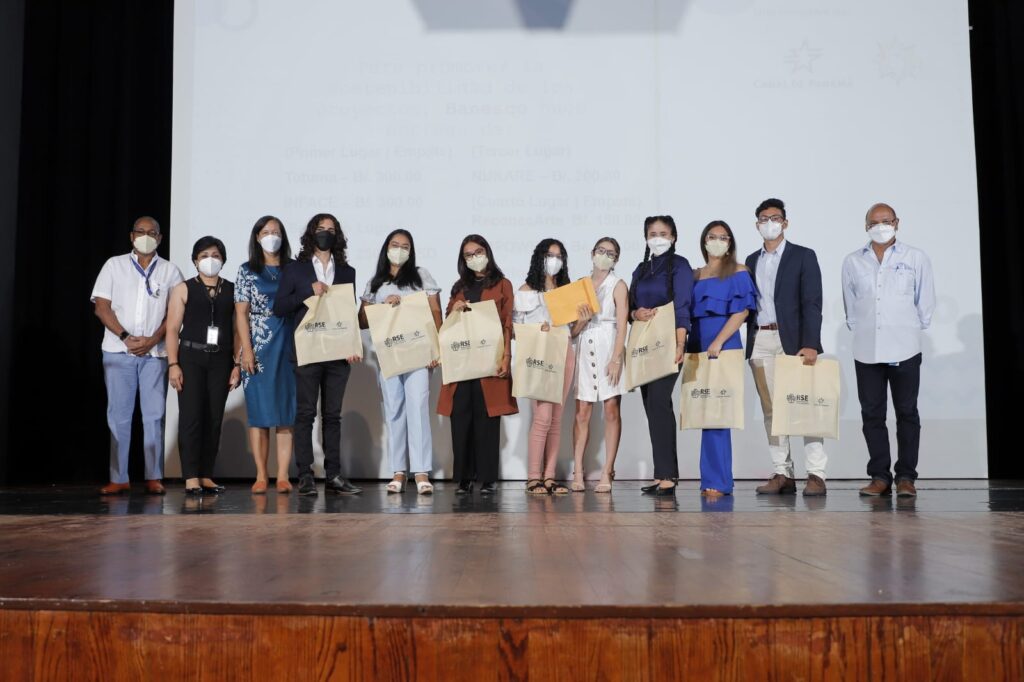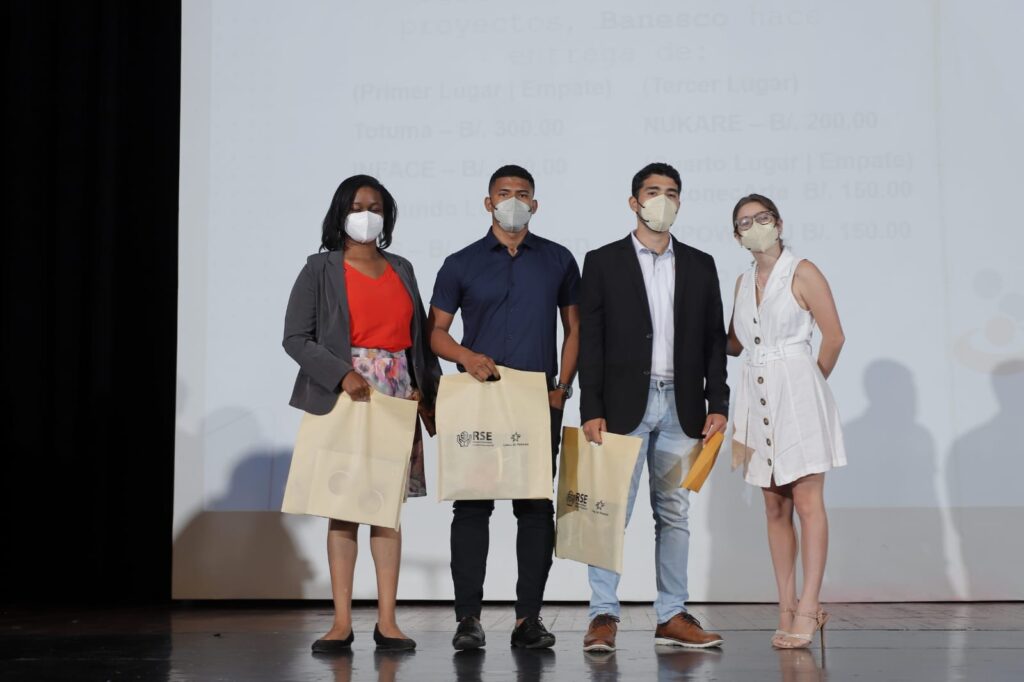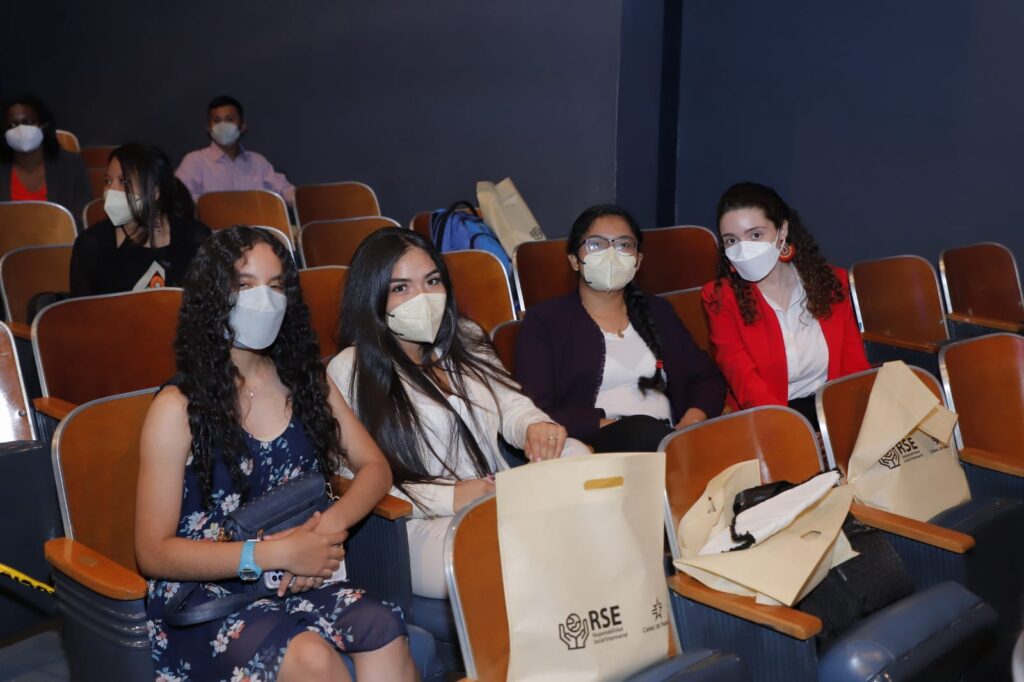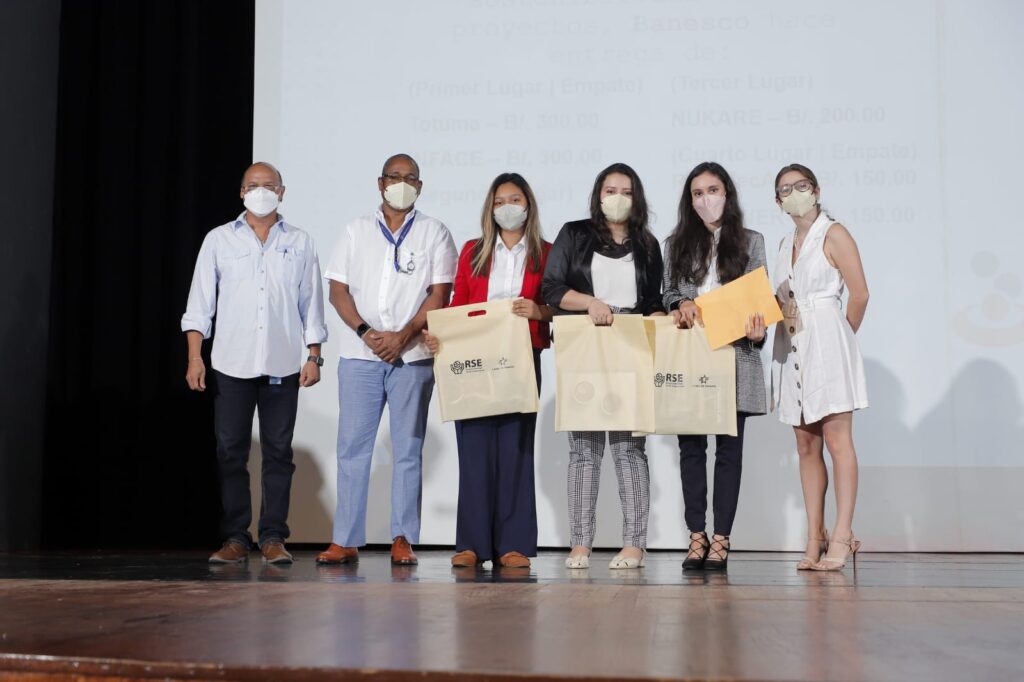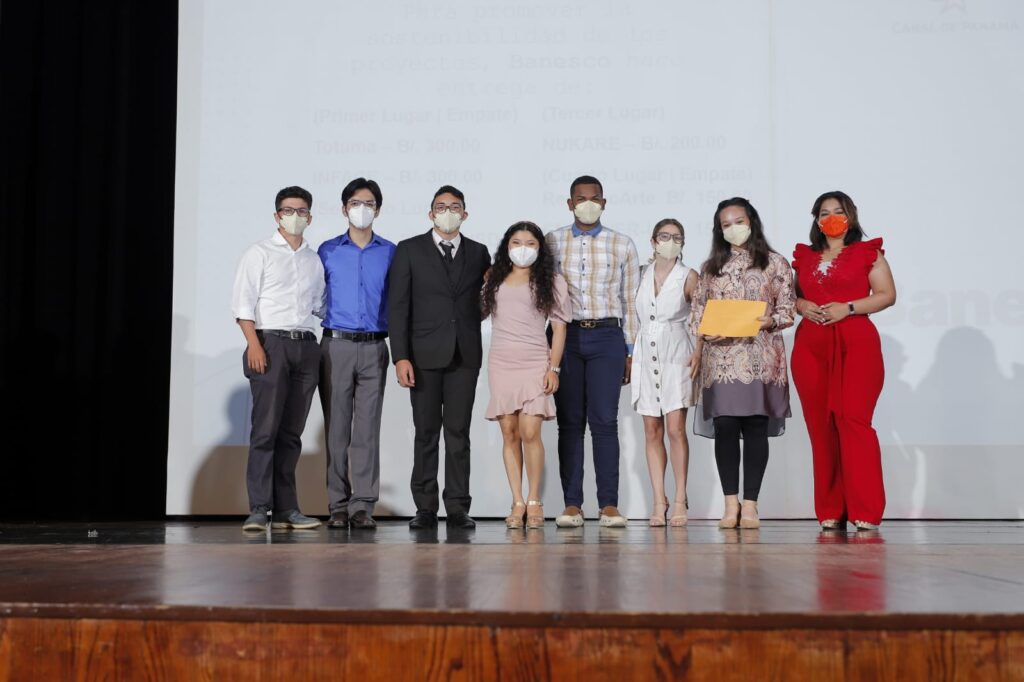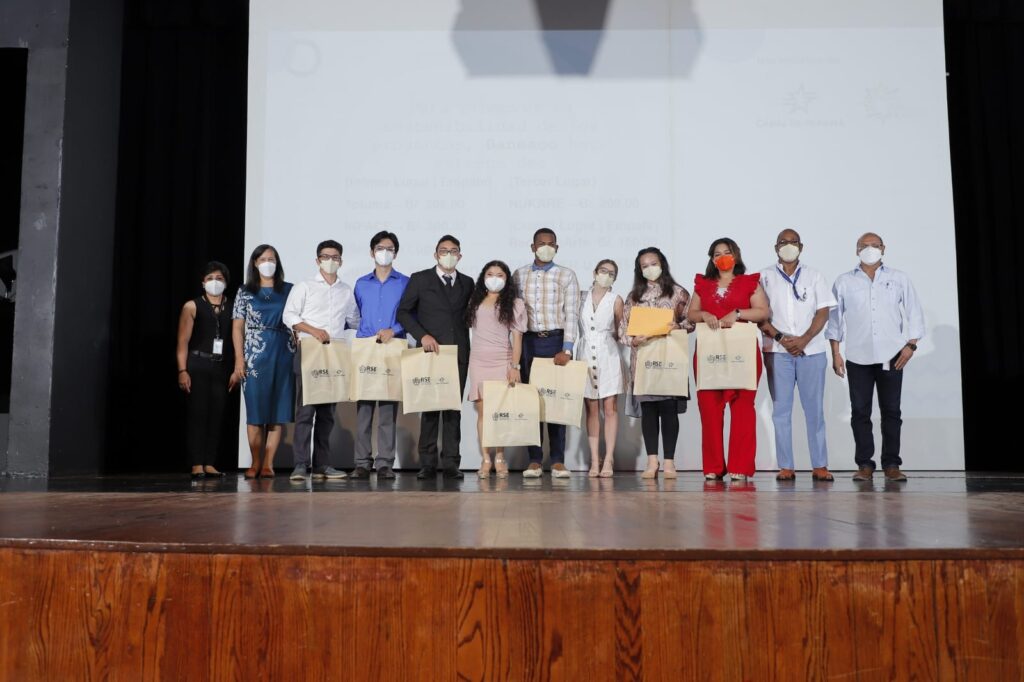LLAC 2021 youth training laboratory comes to an end
The 2021 version of the Latin American Laboratory for Citizen Action (LLAC), an initiative of Jóvenes Unidos por la Educación, […]
The 2021 version of the Latin American Laboratory for Citizen Action (LLAC), an initiative of Jóvenes Unidos por la Educación, the Panama Canal and private organizations, was closed today at the Ascanio Arosemena Training Center.
On this occasion, 186 young people between the ages of 15 and 24, from different regions of the country, received their certificates after having been trained on topics such as: development of soft skills, public policy, citizen advocacy, project design and execution, among others.
The LLAC is a meeting platform and a space for reflection for young people to reaffirm their commitment to the improvement of Panama.
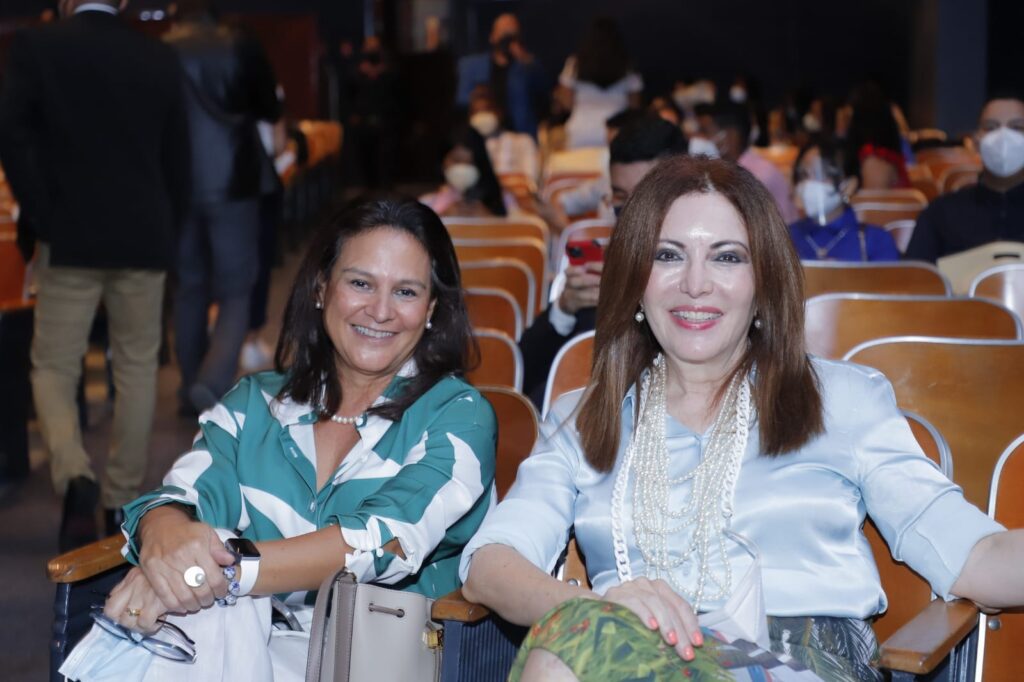
Due to the pandemic, the methodology of the classes was developed remotely through virtual meetings, but the young people also met in person with the Canal Administrator, Ricaurte Vásquez Morales, in sessions that took place in the cities of Panama, David and the central provinces.
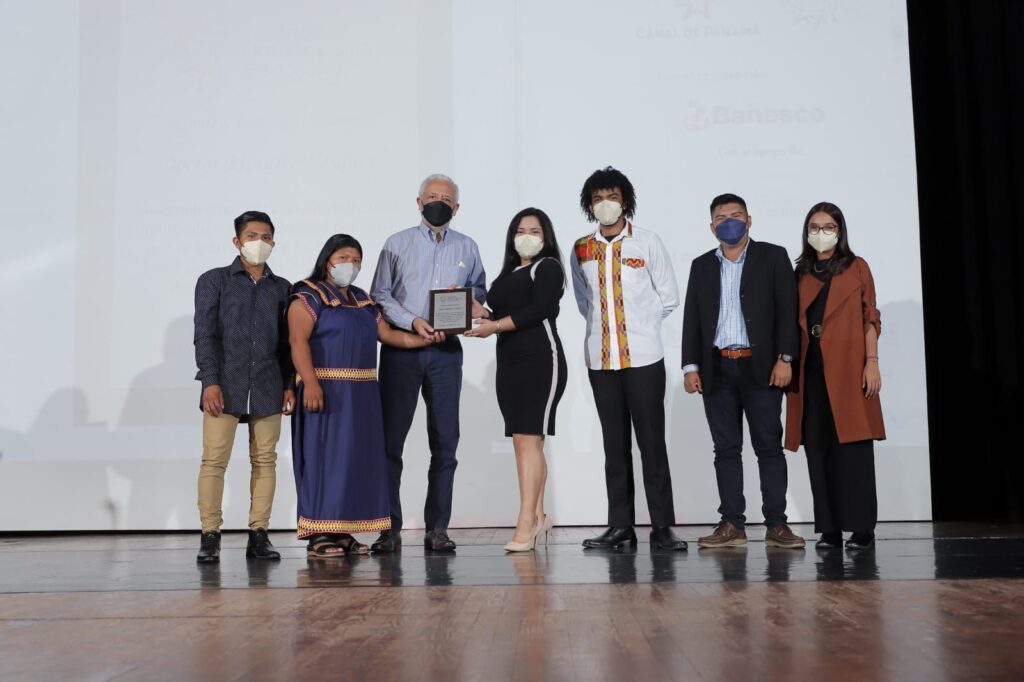
During his speech on Friday, the Administrator praised the perseverance of the young participants, because “youth does not need brakes but stimuli” to move forward, a fact that does not go unnoticed at the Panama Canal, which is why it strives to encourage young people and thus generate the change that the country needs.
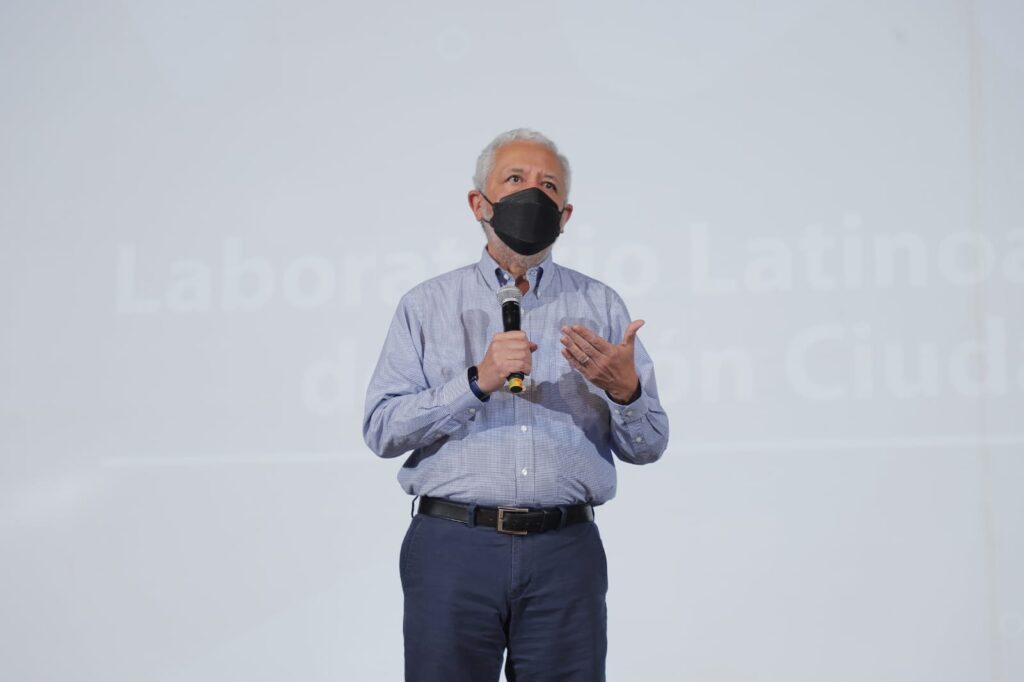
For her part, Nivia Rossana Castrellón, mentor of Jóvenes Unidos por la Educación, considered the development of this edition of the LLAC as an act of faith, in view of the fact that it was achieved in the midst of the uncertainties generated by the COVID-19 pandemic. At the same time, she thanked all those who supported, once again, this educational activity.
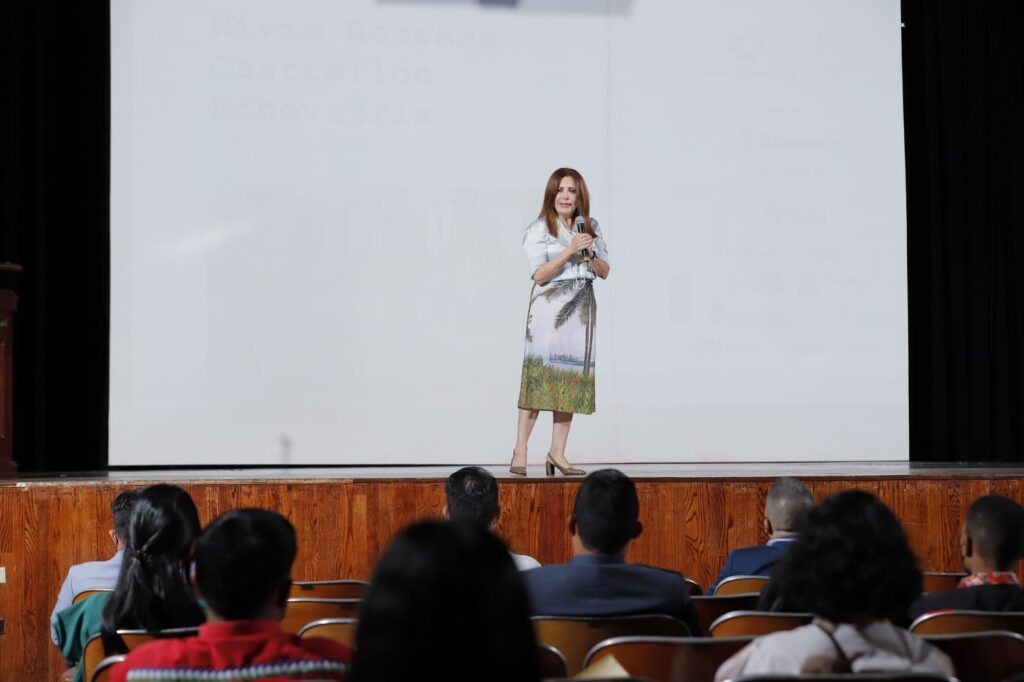
On behalf of the students, Ovidio Palacio, a native of the Kankintú, Ngäbe Buglé region, highlighted the importance of working together as one of the great lessons learned from this laboratory, “since together and regardless of distances, customs or skin color”, 19 projects framed in the Sustainable Development Goals of the United Nations were presented.
The LLAC has partners such as Banesco, the Sus Buenos Vecinos Foundation, SUMARSE, the United Nations Development Program, Knowledge Group, ETC Iberoamerica, FUDESPA and COSPAE.
More images
